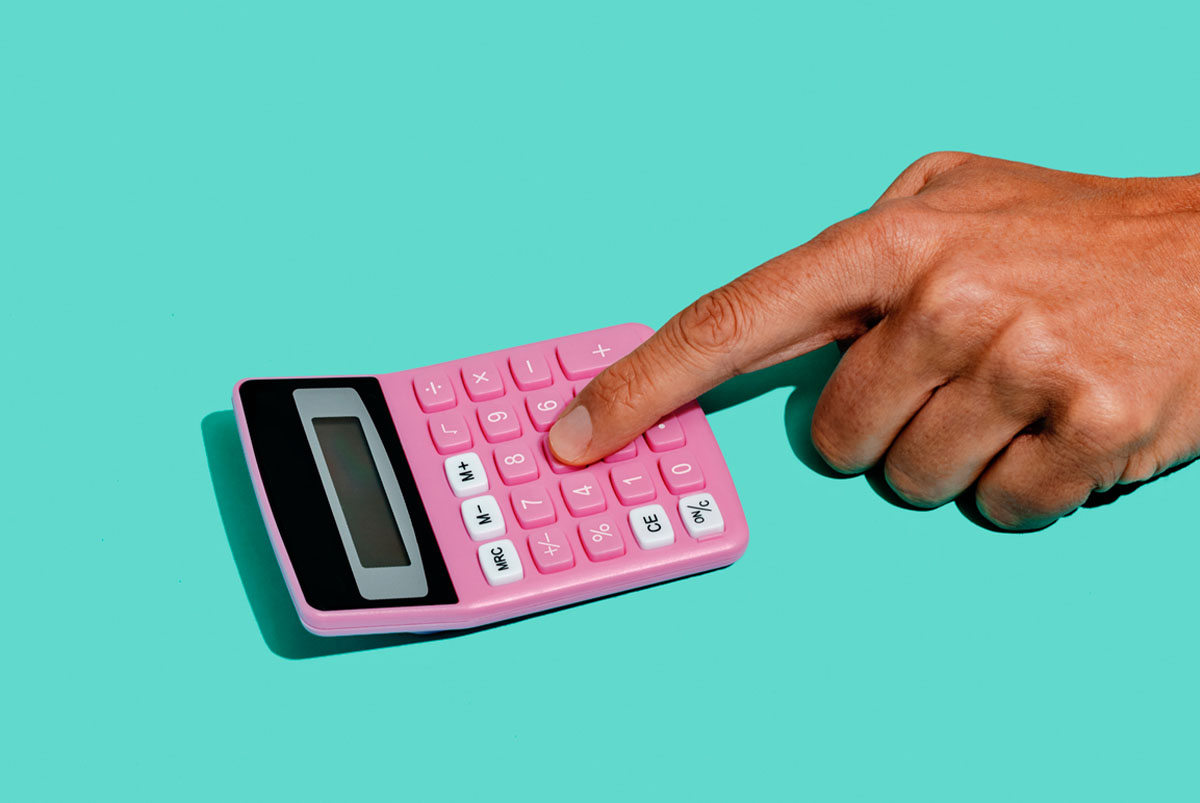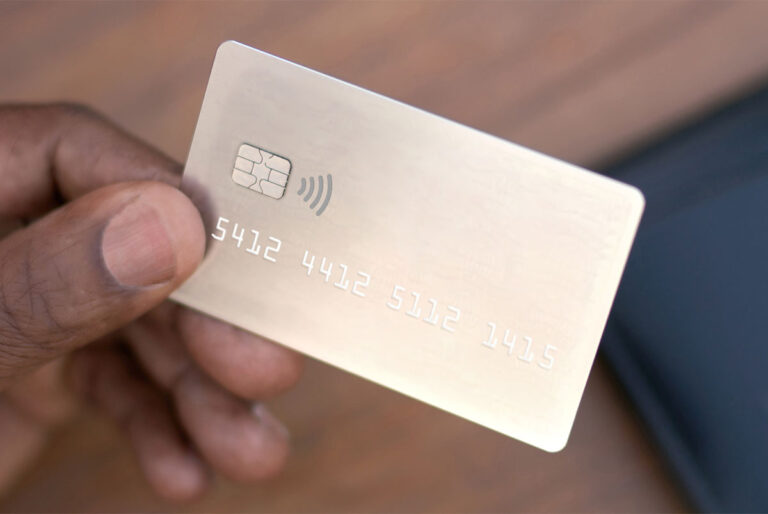
What’s worse than paying taxes? Being the recipient of a tax lien.
The government can put a tax lien on your property if you fail to pay your taxes, allowing them to legally seize your assets – including your home.
The good news is that since 2018, federal and state tax liens no longer appear on your credit report.[1] And because your credit score is calculated using data pulled from your credit report, a tax lien shouldn’t affect your credit score.
The not-so-good news is that even though tax liens no longer appear on credit reports, it doesn’t mean they can’t spell financial trouble for you. A tax lien is not good for your financial health and should be avoided.
Fortunately, you can lean on MoneyTips to get you the lowdown on tax liens. We’ll show you what tax liens are, how they can affect your finances and how to get rid of them.
What Is a Tax Lien?
A tax lien is a legal claim by the government against your property – your home or other assets – when you fail to pay your tax bill. Tax liens can be filed by the federal government or your state or local government. For instance, the IRS will place a federal tax lien on your property if you owe federal taxes. A lien may also be placed against your property for unpaid property tax, income tax or estate tax.
A tax lien gives the government the legal right to seize or sell your assets to pay what you owe in back taxes. If the government places a tax lien on your home, you could lose your home. The process of seizing your property is known as a levy.
How to find out if there’s a lien on your property
You can usually check if there’s a lien on your property on your county’s website or at your county clerk’s office or tax assessor’s office.
You’ll receive a legal warning and an opportunity to remove the lien before your property is seized. If you owe federal taxes, you’ll receive a Notice of Federal Tax Lien from the IRS. You can either pay the taxes off or arrange a payment plan. If you don’t take either option, the lien and levy will go into effect.
Do Tax Liens Show Up on Your Credit Report?
Tax liens used to show up on your credit report, but they no longer do. Until 2017, unpaid tax liens stayed on your credit report for up to 10 years. If you paid a lien, it still hung around on your credit report for up to 7 years.[1]
But there were issues with the accurate reporting of liens. In some cases, individuals with flawless payment histories had someone else’s lien incorrectly noted on their credit report. So the three major credit bureaus – Equifax®, Experian™ and TransUnion® – removed all tax liens from credit reports by April 2018.[1]
Why You Should Pay Off Tax Liens
There are several reasons to pay off a tax lien:
A lien can still affect credit
Tax liens don’t show up on your credit report.[1] However, the lien can appear in public records, which can hurt your credit.
If a lender checks and finds a public record with an unpaid lien in your name, it could affect your ability to get a loan, including a credit card, car loan or mortgage.
And if a lien was filed because a bill wasn’t paid, like a mechanic’s lien, that negative payment history can appear in your credit report.
Your assets are at risk
Besides putting your current assets at risk, a tax lien can affect any future assets you acquire while the lien is in effect.[2] If you owe federal taxes and buy a new car, the car can be legally seized by the IRS to pay off your federal tax lien.
And tax liens can go beyond your personal property. If you own a business, your business assets, including accounts receivable, are also attached to the tax lien. Even filing for bankruptcy won’t get rid of a tax lien.[2]
How Do You Remove Tax Lien Errors on Your Credit Report?
If you check your credit report and discover a lien, you can (and should) have it removed.
Is there a lien(s) on your credit report? It shouldn’t be there. Call or visit the credit reporting bureau’s website to have the lien(s) removed.
Take Care of Your Tax Debt
To put it gently, the IRS and state and local governments tend to frown upon unpaid taxes. It’s to your advantage to pay any taxes you owe. A tax lien can be removed when the taxpayer and the government agree to a payment plan, like an installment agreement to pay your back taxes over time.
A tax lien won’t appear in your credit history, but it definitely shouldn’t be ignored because it can have lasting effects on your credit and financial health. If you receive notice of a tax lien, you may wish to seek legal advice.



